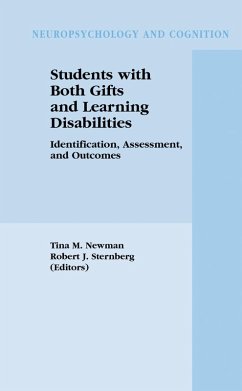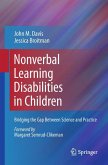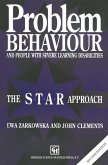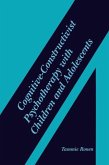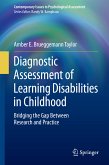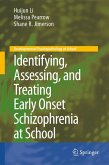We were motivated to edit this book when we began to hear stories of exceptional students who were struggling with reading, writing, or math, but who could solve seemingly any problem with computers, or build the most intricate structures with Legos, or could draw beautiful pictures, or could tell the most creative stories but ended up in tears when asked to write it out. How is it possible to have so much talent in some areas and yet to appear to have a disability in another? What resources are available for these students? How can we ensure that these students' abilities are nurtured and developed? Our goal in this book is to provide ideas and possibly even tentative answers for educators and to stimulate more questions to be answered by researchers. We have ourselves been addressing related questions for some time. Our group at the PACE Center at Yale has explored the developmentof abilities, competencies and expertise that allow people to be successful in life. Through this work, we have collaborated with school districts and other educators and researchers across the country to expand the notion ofwhat is traditionally thought ofas intelligence. We use the conceptofsuccessful intelligence to allow for the possibility that the skills traditionally taught in school are not the only ones, and often not even the most important ones, that allow people to be successful in the world.
Dieser Download kann aus rechtlichen Gründen nur mit Rechnungsadresse in A, B, BG, CY, CZ, D, DK, EW, E, FIN, F, GR, HR, H, IRL, I, LT, L, LR, M, NL, PL, P, R, S, SLO, SK ausgeliefert werden.

